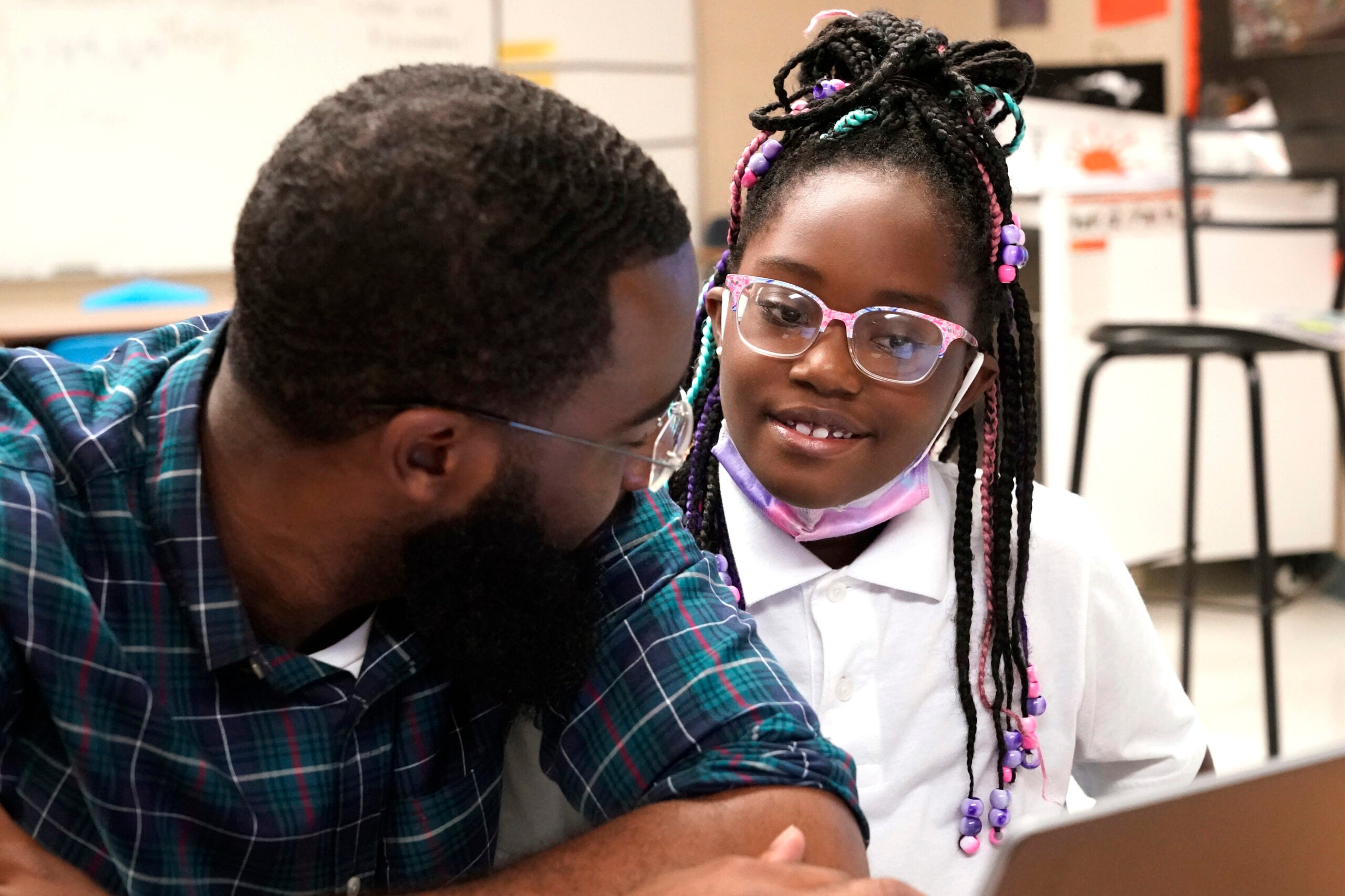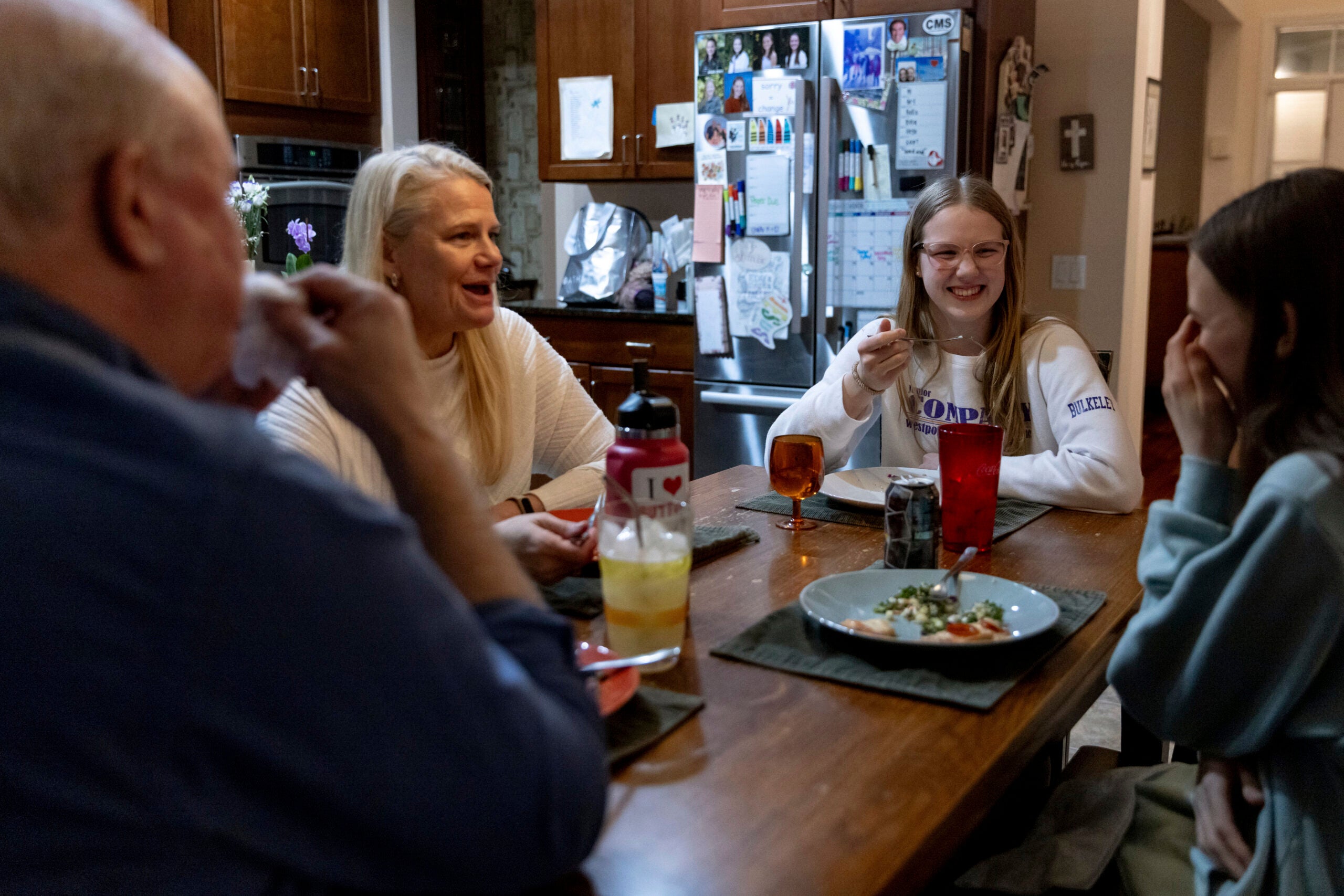As many of you know, dear readers, my wife of nearly 50 years passed away last September. I recently read a book, “Welcome to the Grief Club,” by Janine Kwoh. It’s helped me a lot, just like Martha Hickman’s “Healing After Loss.”
I’d like to walk through both books and what I’ve learned because I’ve had so many people who have stepped up to the plate to give me a hug, hold my hand or simply sincerely ask me how I was doing. Perhaps they’ll appreciate me sharing this with them.
After half a century of a great marriage — I always said I was still like a puppy in love with my beloved Penny — my grief is deep. The deeper the love, the deeper the grief, and that’s the way it should be.
Stay informed on the latest news
Sign up for WPR’s email newsletter.
‘Healing After Loss’
So first let me start with Hickman’s book. Hickman’s been gone for nearly 10 years, having died in 2015, and her book of daily meditations for dealing with grief has been in print for almost 30 years.
Hickman started writing the book after her 16-year-old daughter fell off a horse and died. That’s a different kind of grief. As the parent of four children, I cannot begin to imagine the grief of losing a child, especially in a horseback-riding accident at age 16. It’s beyond my conception.
Hickman began the book after a number of her good friends told her to channel her loss. It took her more than 30 years before she completed it. She also wrote numerous books for adults and children, everything from “How to Marry a Minster” to “When Andy’s Father went to Prison.”
If you are grieving or if you have a friend, a cousin, a loved one who is grieving, “Healing After Loss” is the book for you and them. It’s not preachy. It includes daily thoughts, where sometimes she talks about a higher power, with an amazing respect for all religious practices. But for the most part, they’re musings about her feelings and how to move forward in a positive direction.
Most entries start with a quote from a variety of famous and not-so-famous people. Then Hickman offers her thoughts, such as, “When we are grieving, our minds are constantly flooded with memories from the past.”
That’s followed by a directive like, “Give me courage for the long haul, and courage for each day’s journey.” Or, “Grief is like a refiner’s fire. It will leave me with something beautiful.”
Now, don’t get me wrong, not everything Hickman wrote is perfect. But somehow, I find her book offers remarkable insight that has me crying on one hand and shouldering my responsibilities on the other. After all, Penny and I are blessed with four children, and I have to remain there for them.
Yours, mine and ours
A quick aside here before I review the next book. Now that Penny is gone, I find myself with some questions: Should I use “I” or “we”? When do I use “my,” as in my house or my children, and when do I use “our,” as in our house and our children?
This might seem inconsequential, but it took me a while to come up with answer. If you’ve lost someone you’re deeply in love with, you might have wrestled with the same thoughts.
The answer came to me in a flash, after I had talked to my kids. It’s “we.” It was then and is still. Penny and I had a life together, friends and family, activities we did, stuff (too much stuff) we bought and owned.
It’s been our life, and not just my life, for 50 years, so why would I go back to a time before I fell in love? The answer is that I never would. I’ll stick with we.
‘Welcome to the Grief Club’
“Welcome to the Grief Club” is a very funny book, written by a young woman who designs greeting cards. She wrote the book after her boyfriend died.
According to the author Kwoh’s Instagram account, she’s 36, younger than any of my kids. Her view, through cartoons and laughter, is a different kind of profound. The book might not be as deep as Hickman’s, and it’s definitely shorter to read — I read the whole thing on a flight to Seattle.
Also, Kwoh’s book is silly, in a good way. It made me laugh and cry. It was insightful and irreverent. It was a definite antidote to the gloom I was feeling, when I knew Penny was not at my side. It was another way to look at grief.
My spin: I’ll leave you with one final thought — about talking to your departed loved one. I have discovered this aspect of grief from asking so many people who have lost loved ones whether they talk to them.
I don’t mean hearing voices, but simply imagining the departed person’s thoughts, knowing what they might say if they were still here. The mind’s eye might envision their reaction, like their eyes rolling, when something happens. It’s pretty universal, and I know I’m not the only one doing it.
I’ve had many patients over my years as a doctor ask me if this sort of thing was OK, were they going “crazy,” was this abnormal. I always assured them it was not unusual at all. And now I have my own experience to back that up.
If you’ve lost someone you loved, thinking about what they might say or how they might react in a given situation can give you comfort. And that comfort can be a vital thing when you’re grieving. Stay well.
This column is the opinion of the author. Dr. Zorba Paster is a family medicine physician practicing in southern Wisconsin. Consult a health care provider for personal health information. The opinions expressed aren’t meant to reflect the views of Wisconsin Public Radio, its employees, the University of Wisconsin-Madison or the Wisconsin Educational Communications Board.
Zorba Paster On Your Health airs on WPR News Saturdays at 1 p.m. and Sundays at 6 p.m.
This column is the opinion of the author, © Copyright 2025. Dr. Zorba Paster is a family medicine physician practicing in southern Wisconsin. Consult a health care provider for personal health information. The opinions expressed aren’t meant to reflect the views of Wisconsin Public Radio, its employees, the University of Wisconsin-Madison or the Wisconsin Educational Communications Board.
Zorba Paster On Your Health airs on WPR News Saturdays at 1 p.m. and Sundays at 6 p.m.





